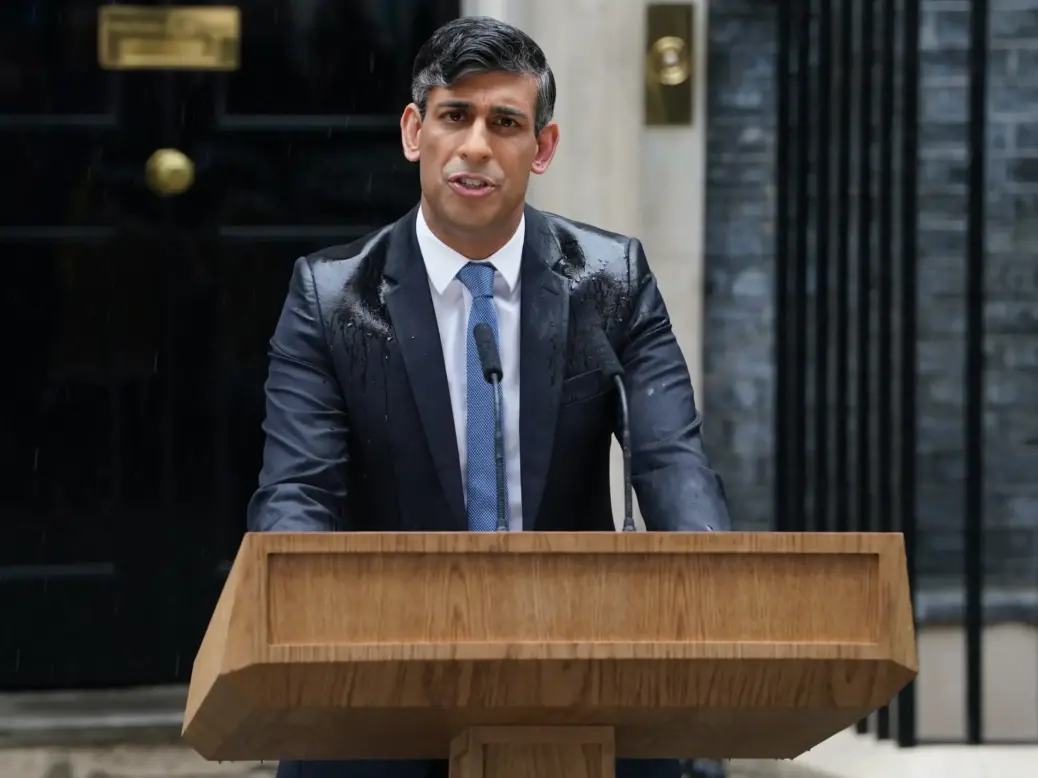
TV was the most popular way to consume news and information during the summer’s UK general election, Ofcom has found.
This is despite another finding by the telecoms regulator that, away from the election period specifically, online is now as popular as television as a way for Britons to get their news.
Among Ofcom’s 8,000 respondents, who were surveyed in four waves of 2,000 across the general election campaign period (23 May to 4 July), 49% reported using television to follow election news this summer.
That compared against 26% who used social media, 24% who said they used news apps, 24% who used radio, 19% newspaper websites, 17% news sites not associated with newspapers and 16% word of mouth.
A large majority of people, 87%, reported using at least one source to follow news and information about the general election.
Terrestrial television scored highest for trust, accuracy and usefulness among respondents, with 52%, 53% and 57% of those surveyed rating TV positively on each of those criteria respectively.
Social media did much worse, with 7% of people describing it as trustworthy, 6% accurate and 30% useful. This was similar to the responses for news received via word of mouth, which 7% of people said was trustworthy, 5% accurate and 21% useful.
Newspapers (both in print and online) were described as trustworthy by 28% of people – higher than other online news sources, which scored 17%.
Election news avoidance: Working class, older people and women most likely to switch off from coverage
In another finding Ofcom said that working class people, older people and women were among the groups most likely to switch off from the news during this summer’s UK general election.
Each group reported having less interest in news and current affairs during the 2024 campaign compared with their general level of interest in news.
Across all 8,000 respondents, people reported similar levels of interest during the election as during a non-campaign period. Asked to rate their interest in news and current affairs from one to five, with one being “not at all interested” and five “very interested”, 48% said they were interested in news and current affairs during the campaign and 50% said they were interested “in general”.
In contrast, 21% of all respondents said they were not interested in news and current affairs in general, and 28% reported not being interested specifically during the election.
Among C2DE respondents (those who work in, for example, skilled or unskilled manual occupations) 28% reported being not interested in news and current affairs generally – a proportion that rose to 36% during the election.
Among those aged 50 and up, similarly, 19% reported being uninterested in news generally versus 30% during the election. Among women those figures were 23% and 32%, respectively.
Ofcom said that the most common reasons cited for a lack of interest was that people “felt like nothing will change”, which was cited by 51% of those who reported being uninterested, and that “it brings their mood down” (44%).
In a related finding, 49% of Ofcom’s respondents said they felt that “people like me” do not have a voice in society.
“The perception of not having a voice increased with age,” Ofcom said, “and people from C2DE households were also more likely than average to feel this way.”
Younger people became more interested in news during UK general election
Young people were the most likely age demographic to report increased interest during the election period, with 39% of respondents aged 18-24 saying they were interested in news generally and 58% saying they were interested during the general election specifically.
Conservatives and Reform UK supporters were the most likely voters to report being uninterested in news during the election. Labour, Liberal Democrat and Green voters reported being more interested in the news during the election than they were in general.
Whereas 45% of people said they felt well informed about news and current affairs generally, 43% of people said they felt well informed about the news during the election specifically. Another 11% said they were “not at all” informed about the election, greater than the 7% who said they were not at all informed about news generally.
A little under half of respondents, 46%, agreed with the statement “it is important to engage with lots of different news sources” compared with 22% who agreed with the statement that it is instead “better to stick to one news source that you trust”. Ofcom said the latter view was more popular among C2DE households.
Ofcom also asked respondents about misinformation, finding 46% of adults were “confident” they could spot misinformation in the media – but 21% thought they could identify a deepfake.
Six in ten people said they had seen claims they thought may have been false or misleading at least once in the prior week, which Ofcom said “included one in ten who said they saw such information several times a day”. A comparatively small proportion, 27%, said they had encountered a deepfake in the prior week.
Email pged@pressgazette.co.uk to point out mistakes, provide story tips or send in a letter for publication on our "Letters Page" blog
